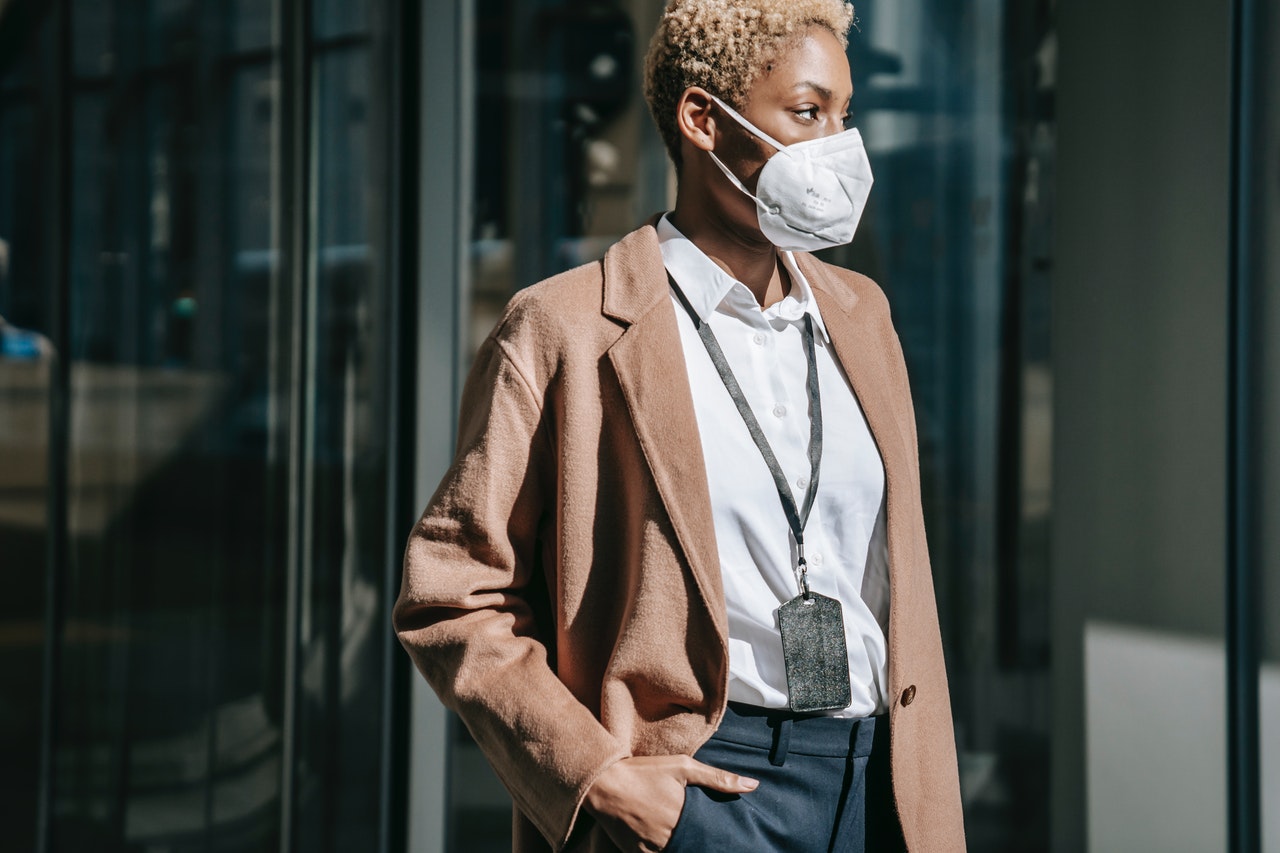What the New Omicron Restrictions Mean for Businesses
The government has recently introduced ‘Plan B’ measures in England to help fight the spread of the new COVID-19 variant, Omicron. People across England have been asked to work from home if they can – Prime Minister Boris Johnson said “go to work if you must, but work from home if you can.”
With the threat of Omicron increasing daily, it’s hard to keep up with what’s what when it comes to COVID restrictions. We’ve outlined what the current COVID rules are, and what they mean for businesses.
What new restrictions have been introduced?
- People are being asked to work from home if they can
- Face coverings are required in most indoor spaces
- If voted for by MPs, proof of COVID status to enter some venues
Work From Home – If You Can
Whilst this guidance isn’t as clear cut as many people would like, anyone that’s able to work from home has been asked to do so once again. This is a direct result of the increasing risk of the Omicron variant of COVID-19, which seems to be more transmissible than the previous dominant variant, Delta.
This puts excess strain on businesses that have been trying to weather the storm of the Delta variant. Many businesses have not long since returned to the office and back to some sense of business normality. Office spaces will return to being empty, and meetings will be returning to video call.
Omicron and the Hospitality Industry
Whilst the hospitality industry remains open for business, it’s not quite business as usual. Face coverings have become compulsory once again in many indoor spaces to help reduce the spread of the Omicron variant of COVID-19. There are a number of workplace hygiene protocols that can be followed to ensure the safety of customers and employees.
On top of this, the introduction of new restrictions has undoubtedly made some people more wary of going out to crowded spaces, including restaurants and bars.
The Vote on Checking Proof of COVID Status
If approved by MPs, from Wednesday many venues will be required to check the COVID status of their guests. People would need to demonstrate their COVID status to be allowed to enter nightclubs; indoor unseated venues with more than 500 people; unseated outdoor venues with more than 4,000 people; and any venue with more than 10,000 people.
How Can I Prove My COVID Status?
Many people believe that proof of COVID status is the so-called ‘vaccination passports’ that are the centre of many debates. This isn’t true – you can still prove your COVID status and gain entry into these venues if you aren’t vaccinated against COVID-19.
You can show your vaccination status by getting a ‘NHS Covid Pass’ through the NHS App. In order for this to give you entry into these venues, you’ll need to have two doses of the vaccine. Instead, you can show proof of a negative test within the last 48 hours – this could be by showing a text or email from the NHS confirming your negative test.
If you’re exempt from proving your COVID status, this won’t be required.

